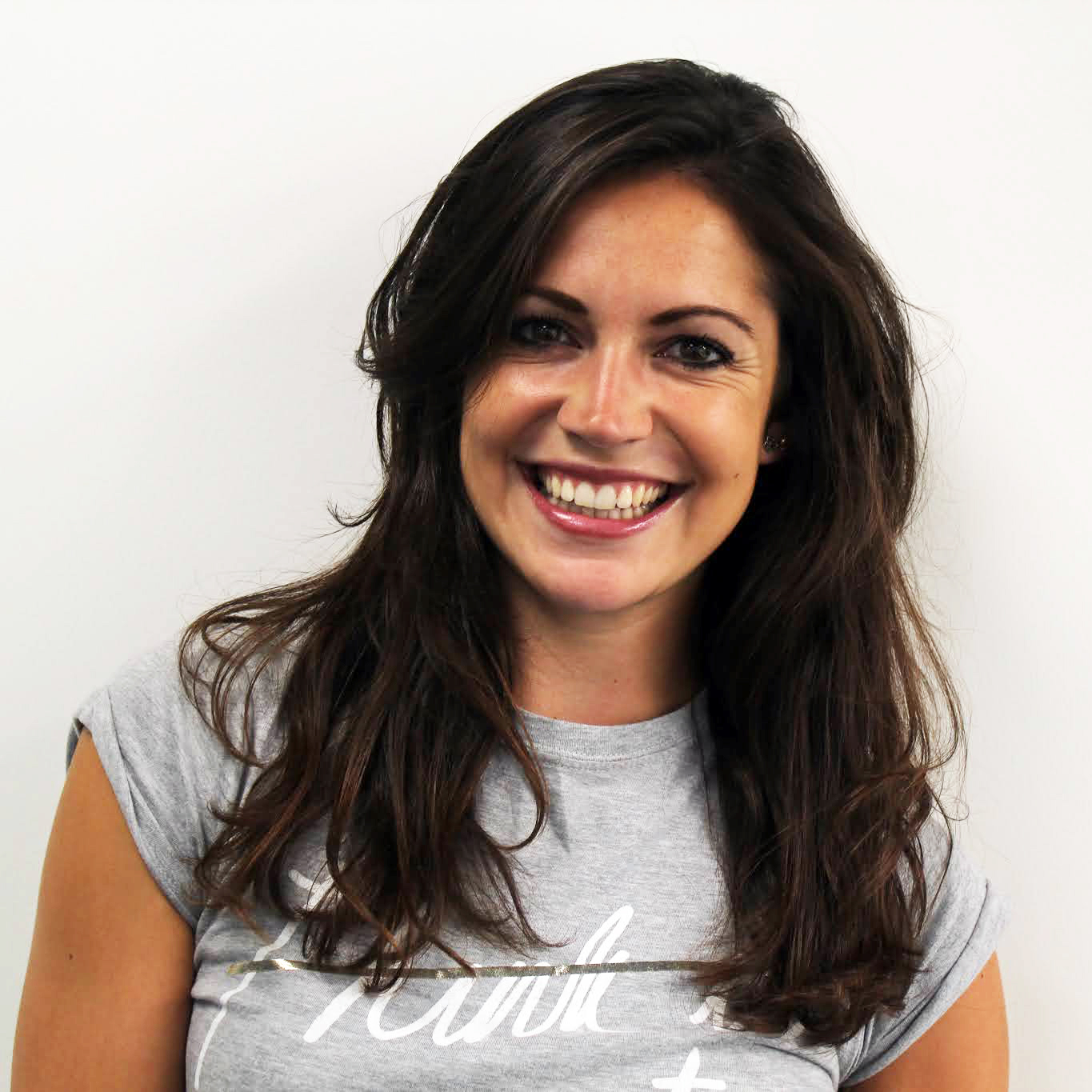Dr Mercola on Keto Diet and Mucosa
If you're not familiar with the Keto diet, where have you been? In recent years, the high-fat, medium-protein, low-carb diet has taken the weight-loss world by storm.
The cyclical ketogenic diet, to use its full name, is high in healthy fats, less than 50 grams net carbs (total carbs minus fibre), with moderate protein (about 0.5 grams per pound of lean body weight) explains Dr Joseph Mercola, author of the Fat for Fuel Cookbook.
- Best grills to prep your keto meat the healthy way
- How to lose weight quickly
'If this ratio is maintained, you enter a state called ketosis where your body burns fat for fuel,' Dr Mercola says. 'Once a week, enjoy a higher carb day – eating 100-150g of net carbs and 25-50% more protein.'
Famous fans include Halle Berry, who has said of the diet: 'You train your body to burn healthy fats and so I eat healthy fats all day long - avocado, oil, coconut oil, butter - but don't have sugar.'
As an added bonus, the keto diet can also help lower blood sugar and insulin levels although diabetics should consult with their doctor - as should everyone - before embarking on a new diet.
Intrigued? Confused? Below, Dr Mercola answers nine common questions about the Keto diet…
1. Don't we need carbs for energy?
Dr Mercola explains that, while carbs are a vital part of your diet, you need to restrict them 'until your body regains its ability to burn fat for fuel' and then you cycle them back in intermittently. And when you get to that stage, it's vital that you eat the right kinds of carbs, such as organic veg, which is also high in healthy fibre.
2. Will a no-carb diet make me sluggish?
Worried you'll spend your days wired on coffee? There's no need, as Dr Mercola explains: 'This way of eating radically improves your energy production, so you are able to produce the energy you need and don't need to rely on stimulants like caffeine.'
3. Won't a high-fat diet make me fat?
No - just be sure to stick to the healthy kind, NOT the Big-Mac-and-fries kind. 'Dietary fats are actually the preferred fuel of human metabolism,' says Dr Mercola. 'Insulin resistance – not eating too much fat - is the primary reason most people are overweight.'
He adds, 'When you shift your food composition and food timing to the principles I advocate, you improve the sensitivity of your insulin receptors.'
4. What is 'food timing'?
Dr Mercola recommends gradually decreasing the window in which you're eating. 'Start with only eating in an eight-hour window, with no food for 16 hours. With time you can decrease that window down to four hours.'
5. Is alcohol allowed on the keto diet? It's a carb, after all…
'The breakdown products of alcohol are what cause the most biological damage,' says Dr Mercola. If you want to drink, opt for a 142ml glass of wine, a 340ml beer or 28ml of hard liquor per day, enjoyed with a meal.
But, Dr Mercola adds, 'As you progress further in the plan, eliminate all forms of alcohol.'
6. How long will it be before I start seeing weight-loss results?
'It depends how metabolically damaged you are before you start,' says Dr Mercola, who reckons it could be as little as one or two weeks, if you're relatively healthy to begin with. 'If you're seriously compromised, it could be months before your body repairs itself to the point where you can experience the benefits.'
7. How can I manage carb cravings?
'Once your body starts burning fat for fuel, carb cravings vanish,' says Dr Mercola. 'It's hard to imagine but once you experience it you'll realise it's true!'
8. I eat out a lot - what should I order?
Dr Mercola says, 'Be selective, particularly for dinners after 6pm. I regularly join dinner events and just have some sparkling water while others eat – you can still be social! Being metabolically flexible means that you aren't hungry in this scenario as your cravings are gone.'
9. Are there any side effects I should look out for?
As with any major change to your diet, you should be prepared for the effects it may have on your body. With the keto diet, a key thing to monitor your level of salt intake.
'Increase your salt intake to avoid the keto flu and night-time leg cramps,' advises Dr Mercola.

Lucy is Head of Wellness at Pure Sport and was formerly Health and Fitness Editor at various women's magazines, including Woman&Home Feel Good You. She has previously written for titles including Now, Look and Cosmopolitan. She lives and breathes all things fitness; she works out every morning, and mixes it up with runs, weights, boxing and endless box jumps. She is also a Level 3 personal trainer and teaches classes at various London studios, primarily Digme Fitness. Lucy is pre- and post-natal trained and helps new mums get back into fitness after the birth of their baby. Lucy claims that good sleep, plenty of food and a healthy gut (seriously, it's an obsession) are the key to maintaining energy and exercising efficiently. Saying this, she's partial to the odd Negroni on the dance floor with her friends.
Dr Mercola on Keto Diet and Mucosa
Source: https://www.fitandwell.com/news/9-common-keto-diet-questions-answered
0 Response to "Dr Mercola on Keto Diet and Mucosa"
Post a Comment